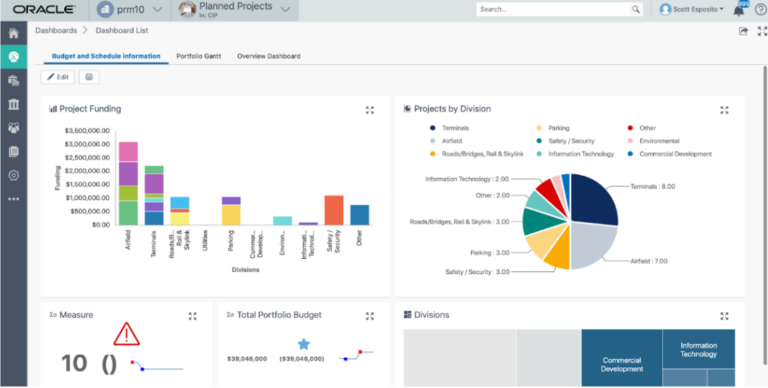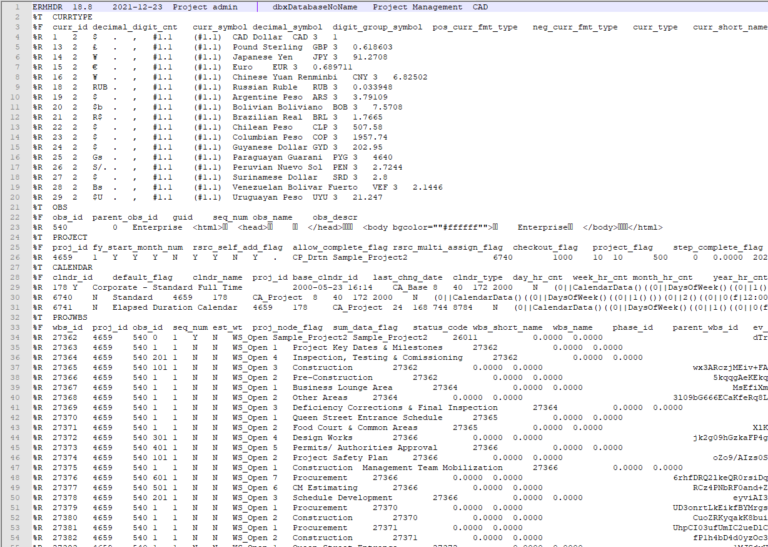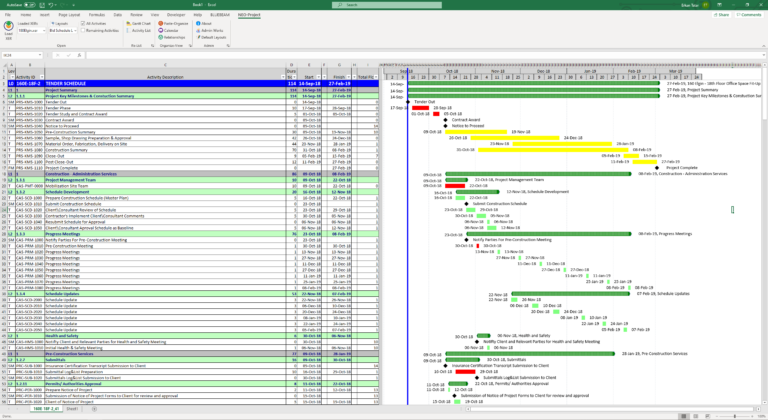Ways to Prevent Construction Project Delays
Construction project delays can be frustrating. Whether it’s bad weather, material shortages, or workers calling in sick, many things can go wrong and cause a project to fall behind schedule. In this blog post, we will discuss some ways to prevent construction schedule delays from happening in the first place. By following these tips, you can ensure that your project stays on track and is completed on time
1. Realistic schedule
A well-constructed schedule is key to a successful construction project. By taking the time to plan and organize the work in advance, you can help to avoid many of the common causes of construction delays:
- Make sure that the schedule is realistic. Don’t try to squeeze too much work into too little time. Allowing adequate time for each task will help prevent errors and rework, leading to delays.
- Allow for some flexibility. Unless every task is critical, build some flexibility into the schedule to account for unexpected problems or changes in priorities.
- Build-in some buffer time. Trying to cram in too much work against the deadline is a recipe for disaster. If possible, build in some extra time at the end of the project to allow for any unforeseen schedule delay.
2. Digitize progress
One of the most effective ways to prevent construction schedule delays is digitizing progress reporting. Project managers can track progress in real-time and identify potential problems early on by using project management tools. This allows for quick corrective action before a delay becomes unavoidable. Additionally, digitizing progress reports can help to improve communication between contractors and other project stakeholders. Furthermore, digital progress reports can be easily shared with all project stakeholders, so everyone is always on the same page and working together to keep the project on track. By digitizing progress reporting, project managers can gain better visibility into the project process and avoid costly delays.
3. A clear and concise plan
One of the most important things you can do to prevent construction schedule delays is to have a clear and concise plan. This means having a detailed construction project management plan that outlines every step of the process and who is responsible for each task. This allows for better coordination between different teams and prevents tasks from falling through the cracks. Additionally, having a clear plan can help resolve disputes quickly and avoid delays caused by miscommunication. By having a clear and concise plan, project managers can avoid causes of schedule delay.
4. Use software tools
Projects large and small can quickly become bogged down with delays, resulting in cost overruns and frustrated team members. One way to help prevent construction delays is to use project management software tools. These software applications help project managers plan, track progress, and communicate with teams. They can provide valuable insights into the construction process and help identify potential problems early on. Neo-Project Toolbox is one such app that can help you keep a construction project on track. It provides features like task management, progress tracking, and file sharing. This can help save time, keep a project on schedule, help teams work more efficiently, and avoid delays that can jeopardize the project.
5. Streamline approvals
One of the most common causes of construction delays is the approvals process. It is important to streamline the approvals process as much as possible to prevent delays. One way to do this is to create a central repository for all approvals so that everyone involved in the project has access to the same information. Another way to streamline approvals is to use an electronic approvals system, which can speed up the process by eliminating paper documents and manual record-keeping. By doing this, you can ensure that the approvals process runs as smoothly as possible. Approvals can be complex and time-consuming, but streamlining the process can help prevent delays.
6. Standardize procedures and techniques
No matter how big or small your company is, it is important to have standardized procedures and techniques. By having a set way of doing things, you can avoid confusion and errors that lead to delays. This includes everything from the way you order materials to the way you schedule workers. It’s also important to document these procedures so that everyone is on the same page. Ensure to include step-by-step instructions and diagrams so that there is no room for error. This will help to streamline the construction process, making it more efficient and less likely to be delayed.
7. Designating a scheduling manager
It is important to have one person in charge of the construction schedule. The scheduling manager is responsible for creating the schedule and then ensuring that it is followed. This includes coordinating with the various trades, such as electricians, plumbers, and carpenters, to ensure they are all on schedule. The Scheduling Manager also needs to be able to track the project’s progress and identify any potential delays. They work with the project team to create contingency plans. In addition, they regularly update the schedule to reflect any changes in the project scope or timeline. By having a Scheduling Manager on your team, you can be confident that your project will stay on track and avoid unnecessary delays.
8. Designate a single source of information
It is important to have a single source of information for the project. This includes everything from the construction schedule to the latest approved drawings. Having one central repository for this information will make it easier for everyone involved in the project to access the information they need.
The single source of information could be a project manager, an administrator, or even an online portal where everyone can access the latest information. By having a central point of contact, everyone will be on the same page and work together more efficiently. This will help to avoid confusion and errors.
9. Keeping detailed records
Detailed records are critical to preventing construction schedule delays. By keeping track of every task that is completed and any changes that are made to the project, you can quickly identify potential problems and make adjustments as needed. In addition, accurate records can help resolve disputes between contractors and ensure that everyone is held accountable for their work. Furthermore, detailed records can provide valuable insights into the project’s progress and help to identify areas where improvements can be made. Ultimately, by taking the time to maintain detailed records, you can help to prevent schedule delays and ensure that your project stays on track.
10. Contingency plan
A contingency plan is a course of action that you can take if something goes wrong. Having a contingency plan in place can help you avoid construction schedule delays. First, identify potential risks. What could go wrong? Please make a list of potential risks and their likelihood of happening. Then, develop alternate plans. For each potential risk, develop an alternate plan of action.
Delegate responsibilities; who will be responsible for executing the contingency plan? Make sure that everyone knows their role and has the necessary resources. Finally, test the plan. Put your contingency plan to the test by simulating potential problems. This will help you identify any weaknesses in the plan and make necessary adjustments.
By following these tips, you can help to prevent delays and ensure that your project stays on track. However, delays can still happen even with the best planning and preparation. If a delay does occur, it is important to take quick corrective action to get the project back on track. By taking these steps, you can minimize the impact of the schedule delays.






